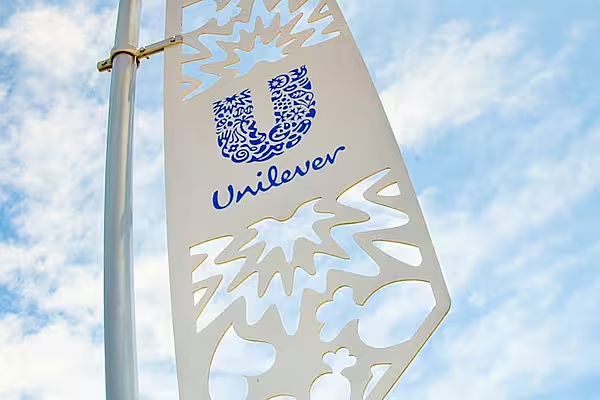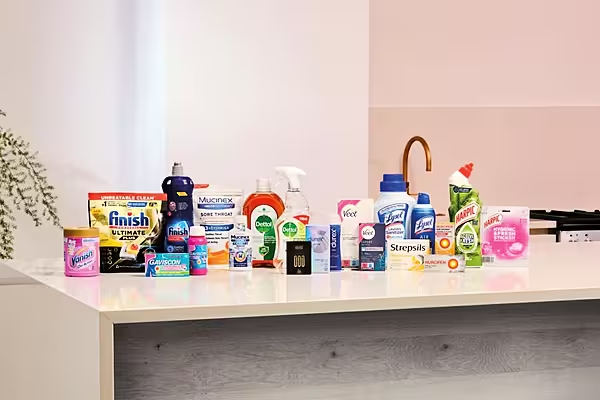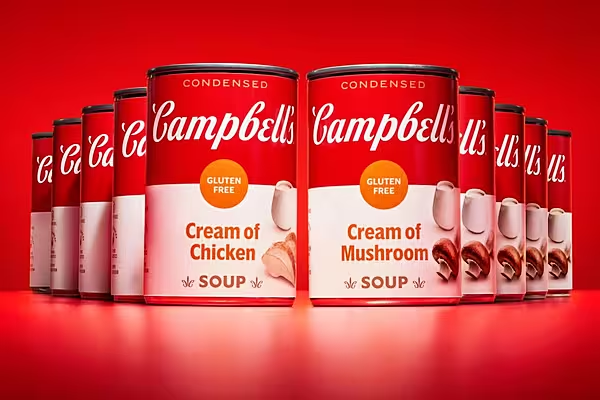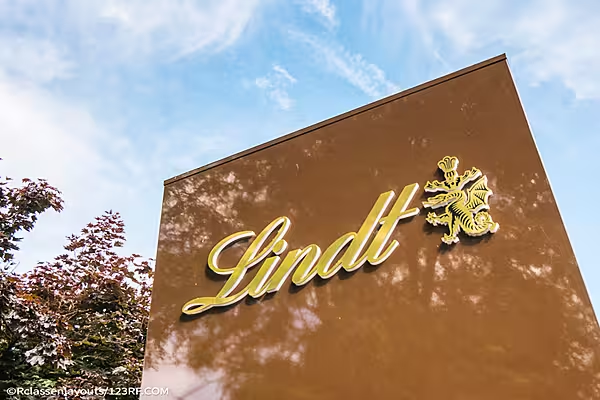Unilever believes shareholders will support it moving its primary headquarters to the Netherlands, even though there is some reticence among investors who may be forced to sell their shares.
The Anglo-Dutch consumer goods group announced last month that it had picked Rotterdam over London for its main home base after collapsing its dual-headed structure, seen as a blow to the British government a year before Brexit.
Broad Support
"Yes, there are one or two investors who are negatively impacted, but all of the investors we've seen -- and it's a tremendous broad sweep of our investors -- support the board's decision," Chief Financial Officer Graeme Pitkethly told Reuters on Thursday, following release of Unilever's first-quarter sales figures.
"We're very confident that we'll get through this process," he added.
Shareholders will vote on the move later this year. The company needs approval from 75 percent of its UK shareholder base and 50 percent of the Dutch base to move forward with the plan, which is aimed at simplifying its structure, and making it easier to issue equity and execute large-scale M&A.
Last month, UK investor Columbia Threadneedle raised concerns about the move, which could affect Unilever's inclusion in London's blue-chip FTSE 100 index.
Other big shareholders share their concerns. The Financial Times on Wednesday reported that four were "extremely worried" about the proposal, and that Unilever has quietly set up meetings with UK investors to convince them of its merits.
"All shareholder discussions are quiet because they're private discussions," Pitkethly told Reuters. "We have had an open door to all of our shareholders, we've engaged extremely widely."
Unilever says it will maintain a "premium listing" on the London Stock Exchange, and is in discussions about maintaining its part in the FTSE.
"We continue a dialogue with the FTSE," Pitkethly said, noting the dialogue has been "very interesting" so far. "We would be delighted to be included in all the indices, obviously. That would be a fantastic outcome for us but it's not in our gift."
Sales Performance
The group reported first-quarter sales figures that met expectations, helped mainly by increases in the volume of products sold, and maintained its full-year outlook.
Excluding the spreads business, underlying sales rose 3.7 percent. On that basis, analysts were expecting 3.6 percent.
Almost all of Unilever's sales growth came from selling more products, with only a 0.1 percent boost from higher pricing. This may concern the market, as a recent rise in oil prices and costs for transportation could eat into margins if not passed on to customers.
The chief financial officer said the balance of price and volume will improve in the second half of year.
A sharp slowdown in pricing growth in last year's fourth quarter weighed on Unilever's shares despite overall sales performance that was its best in six quarters.
Consumer packaged goods companies are all under pressure to boost performance, as sales have slowed due to changing consumer tastes and shopping habits and a slew of upstart rivals.
Reported turnover fell 5.2 percent to 12.6 billion euros, hurt by currency exchange rates. Analysts were expecting 12.84 billion euros.
The company stood by its forecast for 2018 sales growth of 3 to 5 percent.
News by Reuters, edited by ESM. Click subscribe to sign up to ESM: The European Supermarket Magazine.














